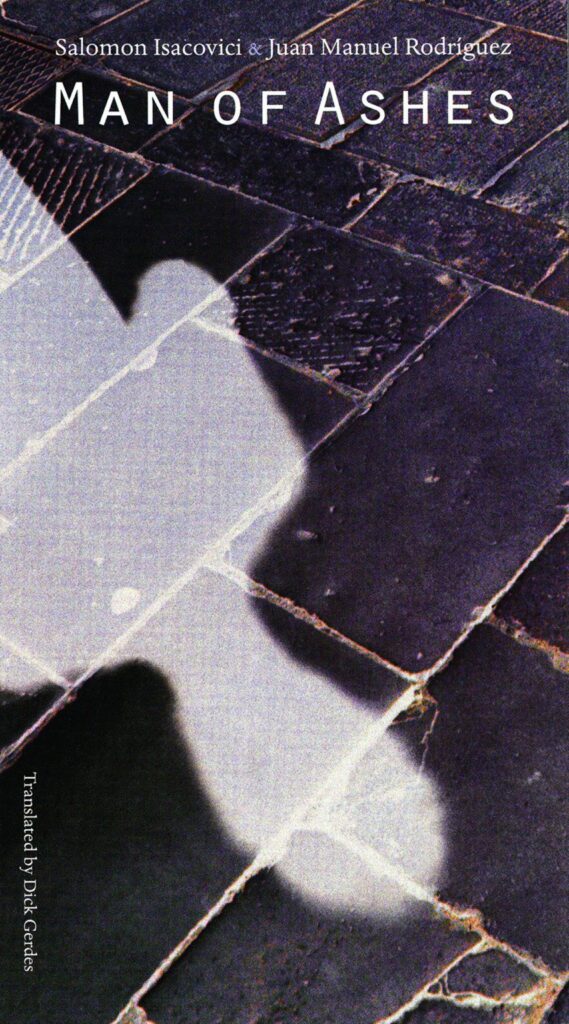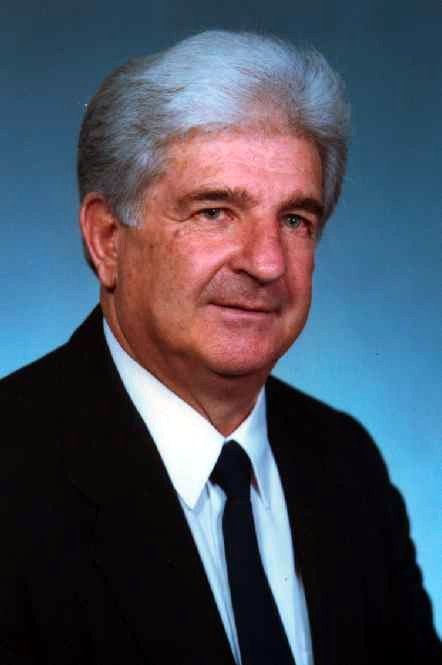Salomon Isacovici (Sighetu Marmaţiei, Romania, 1925 – February 1998) was a businessman based in Ecuador who also penned a memoir detailing his survival experiences during the Holocaust. Born in Romania in 1924, he spent challenging years in Auschwitz and Gross-Rosen concentration camps before being liberated by U.S. soldiers. After the war, he moved to Ecuador, leaving behind the devastation of his homeland. In Ecuador, Isacovici worked his way up from modest beginnings to become a successful businessman, demonstrating his resilience and determination. His experiences during the Holocaust were vividly captured in his co-authored book, “Man of Ashes”, an award-winning memoir that shed light on his experiences as a Romanian Jew during one of history’s darkest periods. Isacovici’s died of cancer in 1998, but his legacy continues to endure through his impactful memoir, serving as a testament to the human capacity for survival and renewal.
Introduction: Brief Biography
Salomon Isacovici, born in 1924 in Romania, was a Holocaust survivor who later became a successful businessman and an acclaimed author in Ecuador. Having witnessed the extreme horrors of Auschwitz concentration camp, Isacovici’s life was a testament to human endurance and resilience. His eventual death in 1998 did not dim the light of his impactful life, as his memoir continues to serve as a poignant testimony of the Holocaust.
Early Life and the Holocaust Experience
Isacovici was born and raised in Sighetu Marmaţiei on his parents’ farm. In 1944, he was interned at the Auschwitz concentration camp, experiencing firsthand the extreme dehumanization and brutality of Nazi Germany’s genocide. Despite being shot and recaptured after a failed escape attempt, Isacovici survived, spending the last part of the war in the Gross-Rosen concentration camp until it was liberated by U.S. soldiers.
Post-War Life and Move to Ecuador
After the war, Isacovici returned home to find his property occupied by another family. Joining a Zionist group, he contemplated emigration to Palestine. However, destiny took him to Ecuador in 1948 where he followed his sweetheart. Starting from humble beginnings, Isacovici rose to become a successful businessman in Ecuador. His experience of oppression drew him to sympathize with the indigenous peoples of Ecuador, whom he felt were being similarly oppressed by the Spanish.
Co-Authoring “Man of Ashes”

In 1990, Isacovici co-authored a book with Juan Manuel Rodriguez titled “A7393: Hombre de Cenizas,” published in Mexico and later translated to English as “Man of Ashes”. The book narrated Isacovici’s journey from his childhood in Romania, through the Holocaust, to his emigration to Ecuador. It received the Fernando Jeno literary prize by Mexico’s Jewish community in 1991 for its brutal and truthful account of life in Nazi concentration camps. The book’s translation into English, however, sparked a controversy over the principal authorship and its status as an autobiography or a novel.
The controversy surrounding the authorship of “Man of Ashes” arose from disputes between Salomon Isacovici and Juan Manuel Rodriguez over the book’s primary authorship and its status as a novel or autobiography.
Isacovici’s standpoint was that the book was a memoir of his life experiences. He maintained that he had sought the help of Rodriguez to refine the Spanish text, given Rodriguez’s proficiency in the language and experience as a writer. From his perspective, while Rodriguez may have contributed to the writing process, the core content of the book – the experiences, events, and memories it depicted – was fundamentally Isacovici’s. Therefore, he believed he should be credited as the main author.
On the other hand, Rodriguez argued that the book was a work of fiction, incorporating some of his own memories and creative input. He maintained that his contributions were not merely editorial but fundamental to the creation of the book, thus asserting his claim to be considered a primary author.
The contention was not merely over credit but also carried implications for the interpretation of the book. If seen as an autobiography, “Man of Ashes” would stand as a direct testimony of a Holocaust survivor. However, if perceived as a work of fiction, it might be seen as less directly representative of Isacovici’s experiences.
This controversy delayed the publication of the English translation of “Man of Ashes” and has been critiqued by some as an instance of literary usurpation. Others view it as a potential attempt to cast doubt on a Holocaust survivor’s narrative. The debate around authorship did not find a clear resolution, and when the English translation was eventually published in 1999, both Isacovici and Rodriguez were listed as co-authors.
Publication of “Man of Ashes” in English
The English rendition of “Man of Ashes” was undertaken by Dick Gerdes, a Spanish professor at George Mason University in Virginia. It was published by the University of Nebraska Press in 1999, a year after Salomon Isacovici‘s death.
Death and Legacy
Isacovici succumbed to cancer in February 1998. His legacy lives on through his memoir, Man of Ashes, which remains a vital resource in Holocaust studies. Despite the controversy surrounding its authorship, the book stands as an enduring testament to Isacovici’s life and experiences, offering insight into the horrors of the Holocaust through the eyes of a Romanian and Latin American Jew.
Conclusion: A Life Remembered
Salomon Isacovici’s life story serves as a stark reminder of the horrors of the Holocaust and the resilience of human spirit. From the concentration camps of Nazi Germany to a successful business career in Ecuador, his journey is an inspiration. Despite his passing, his memoir continues to shed light on a dark chapter of human history, affirming the indomitable spirit of survival. His life stands as a beacon of hope, resilience, and testament to the enduring spirit of humanity against oppressive forces.

